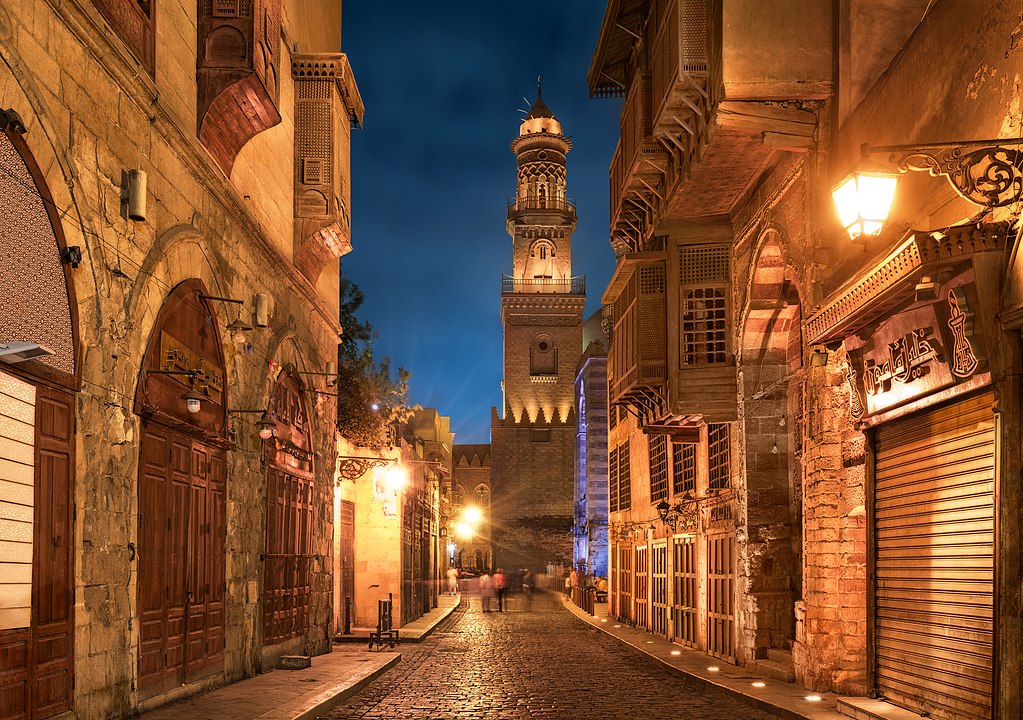 BBC News
BBC NewsBorrowing was £17.4bn last month, the second highest October figure since monthly records began in 1993.

It’s roughly eight o’clock in the evening and I’m seated on the balcony of my rented suite here in Zamalek, Cairo. The muezzin in the distance sounds like a radio above the hurly-burly, as the cars rushing past in the farther or nearer distance punctuate the streets, so many commas, so many colons, so many periods. I’m sipping a whiskey, brought from home, because to purchase glass by glass in any reputable joint would cost an arm and a leg.
To that extent Cairo mores have more in common with Dubai than they do with that other Middle Eastern metropolis that I know, Beirut. That said, peering from this balcony, the panning, panoramic sight that meets the eye reminds one gently of Beirut, though on a far grander scale. The same dollops of gutted housing, the same mixture of boutique shops and those far more sundry, the same muted hysteria, the same due portion of schizophrenia.
There’s nothing like a Middle Eastern capital for that odd mélange of oddness and the even. The exception, like the rule, are both: exceptional and to be expected. And strolling down the street, with a tip from my wife, more conversant with the space, I find a place to be seated for a drink or two, or three. Without naming names, it’s a joint I find so reminiscent of others in Beirut, before Beirut’s dire downward slump. The same mix of the swanky and refined with the everyday. A place neither for elites, necessarily, nor for everyman. The clientele, as far as I can gather, veering from professional types to university graduates, from the middle-aged and beyond to the nubile and life-ready. A place, too, I notice, harboring foreigners and tourists like myself, as well as locals to the city, Cairo. Zamalek, this particular part of Cairo, is an island, cosseted by the Nile. It is known for its embassies and for its more cosmopolitan airs and graces. And known, too, for its nightlife; and where I’ve ended up is a case in point.
I speak to a few locals and the comparison with Beirut seems to be felt as a harbinger. Though not collapsing like Beirut, the feeling seems to be similar: everyday life too expensive for the living, the local currency suffering before the almighty dollar, among other economic ills. A young woman I met, aged twenty-four, is unemployed. Having, with parental help, paid hundreds of thousands of dollars for a top-notch university education in Cairo, she finds herself now without a job in her field, of Marketing and Communications. She told me that for any young woman who wants to live beyond the threshold of the family-setting, who wants to strike out on her own, the odds are always against her. If not employed in a foreign or international company of some sort, and if not willing to bide by family-control, her only option is to be either, unemployed, or to work in a sales job at the equivalent of a call-center – something not too palatable to a relatively fresh graduate, expecting far more.
And yet, I had fun; before me a bottle of ‘Stella,’ a beer so local to the place it harks back to Egyptian independence, standing now as an icon for the same. The place itself, on enquiry, also dating its existence to the very early 1970’s. Those were still well-nigh revolutionary days. It made me think of my father, still at that time, just about, a youngish pan-Arab nationalist, a youngish Nasserite, if based in Lebanon. And it made me think, too, of one of the lessons he’d learned and relayed to me from those times. Many if not most of the problems of the Arab world in recent history could be laid at the door of too much hopefulness. They, young revolutionaries, had aimed to change things root-and-branch. And when those gambits failed, a vacuum ensued, a wide space beneath those high-billed aims. Hence, the rise and entrance of tyrannical dictators across the Middle East, men like Saddam Hussein. Hence, that is to say: the rigmaroles and the quagmires of the modern Arab world, nearly anywhere you look. Had the aims been lower, had they not gone for wholesale revolution, but for steady-paced reform, my father seemed to think, then the history of our times would have been so much different.
And yet, to repeat, I’d a very enjoyable evening. For all its problems, the ambience of a bar or pub in a place like Zamalek, in Cairo, as in Beirut (even to this day) is dynamic. Perhaps people are just more interesting when they’re troubled? When all is fine and dandy, very little thinking in any real or impactful sense gets done. Sadness and sorrow, I believe to this day, are the progenitors of originality. And there’s something so very, dearly fresh (as well as dilapidated) about the streets of Zamalek, Cairo.